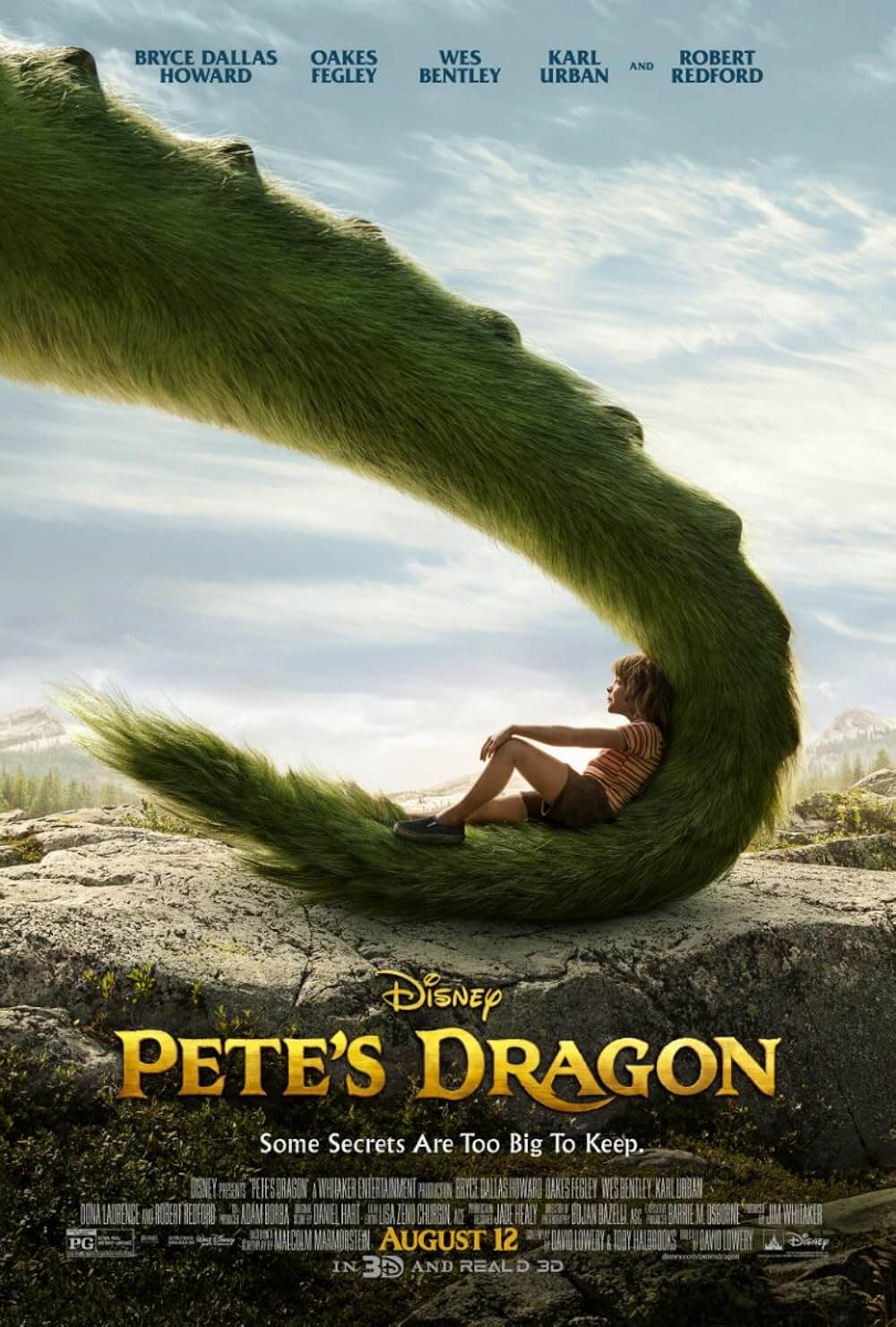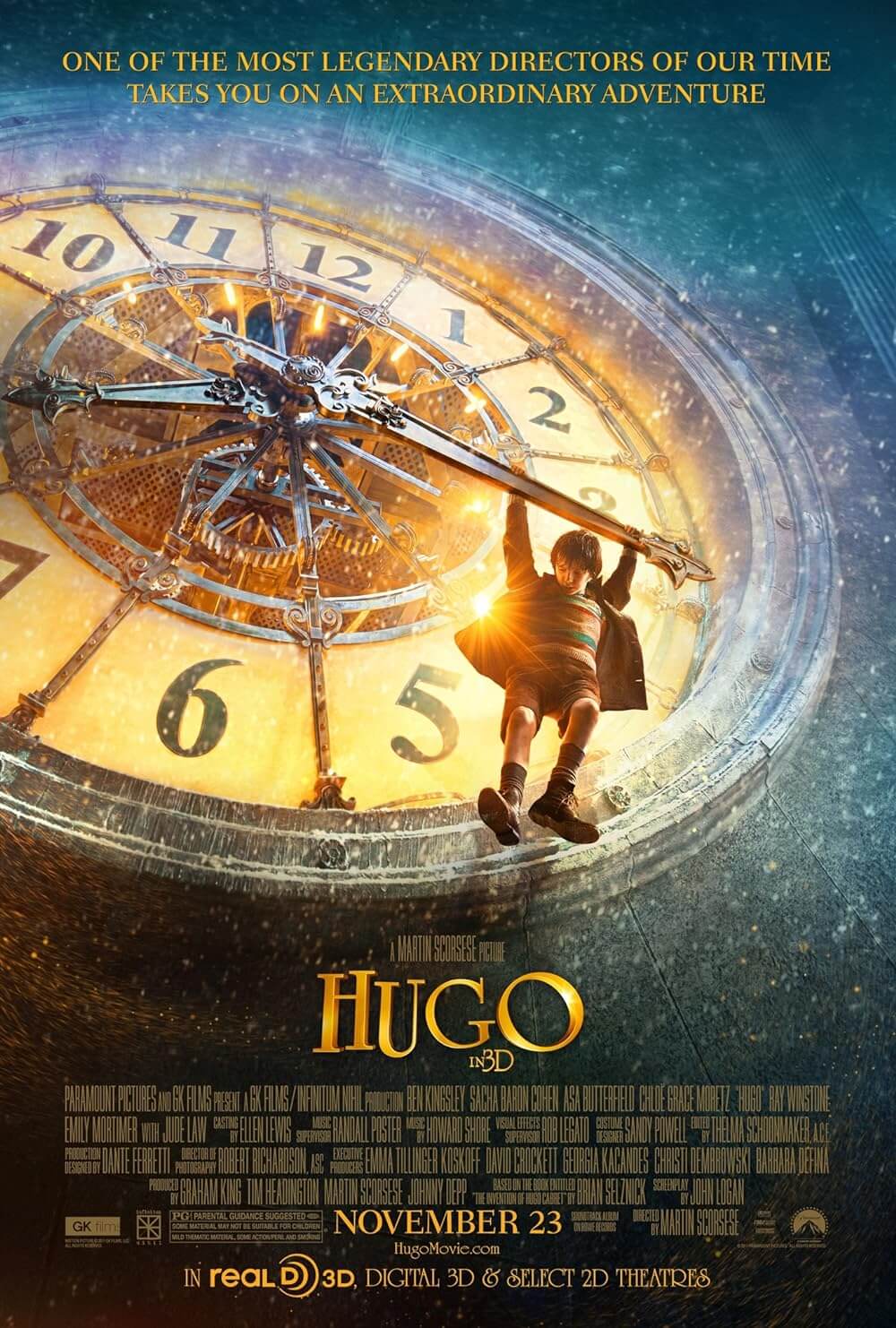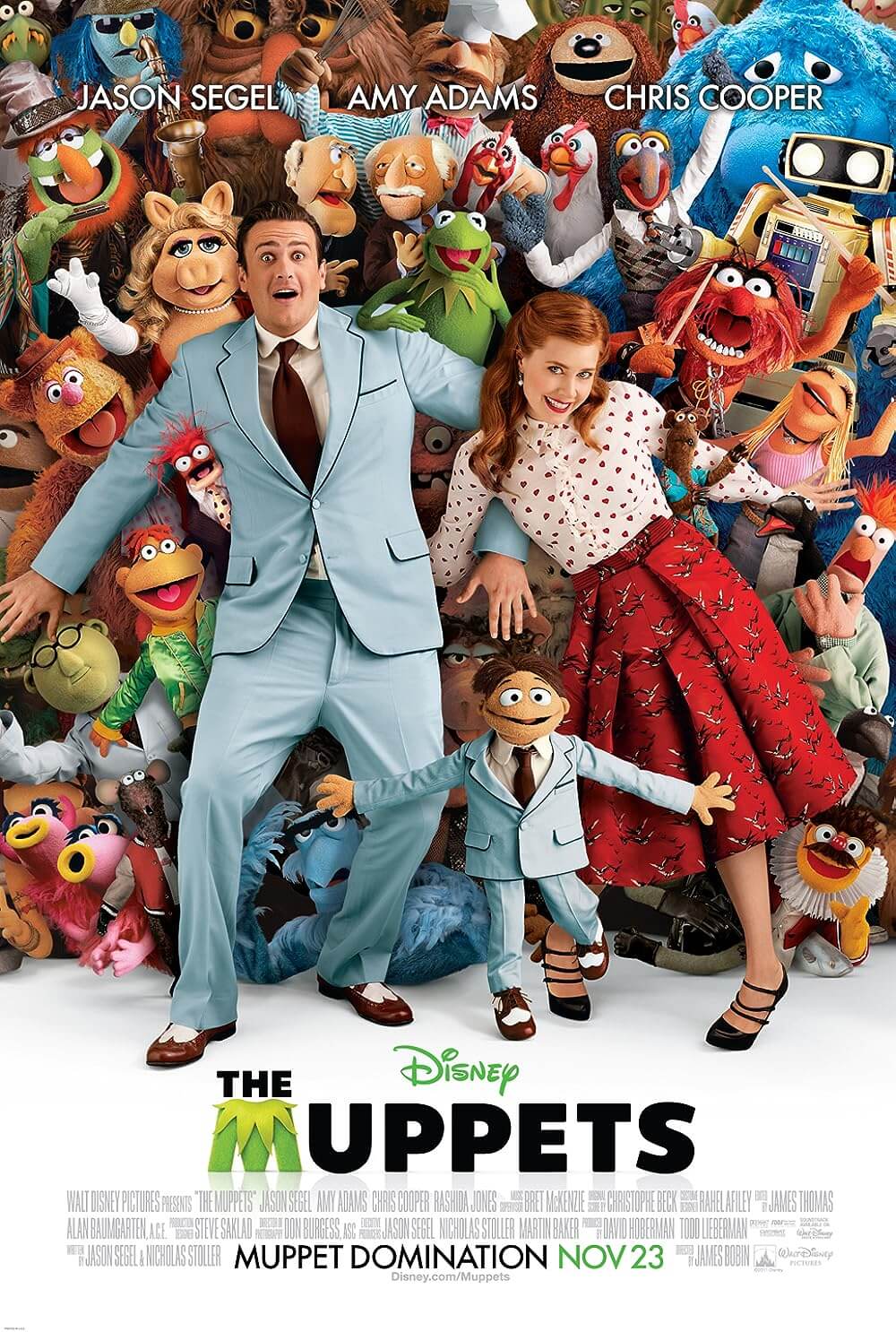
Lilo & Stitch
By Brian Eggert |
Lilo & Stitch is Disney’s latest live-action retread of an earlier animated classic. The movie exists not because this story is particularly relevant right now or because an artistic imperative inspired its filmmakers to revisit the material. It exists because the House of Mouse had intellectual property and built-in brand recognition to exploit for millions of dollars. And while the soulless, shamelessly capitalistic quality of the studio’s recent string of remakes leaves examples such as Aladdin (2019) and Peter Pan & Wendy (2023) devoid of any creative spark, this one has a rambunctious energy that defies the stodgy, hollow formula of Disney’s recent live-action remakes. That’s partly because the 2002 original is an animated feature that avoids fairy-tale classicism in favor of a zippy, playful story about a Hawaiian girl and her dog—a blue chaos creature in the form of a cute alien, dubbed “the flawed product of a deranged mind.” The story’s inherently loose and unconventional structure (for Disney), along with the central relationship’s genuine tenderness, makes it more engaging to watch than other recent adaptations.
Dean Fleischer Camp, best known for directing and co-writing Marcel the Shell with Shoes On (2021), imbues Lilo & Stitch with something most of these Disney cash-grabs lack: life. That’s partly due to the nature of the story, partly due to his excellent lead—newcomer Maia Kealoha. She plays Lilo without the affectations and showbiz gloss most child actors struggle to avoid. Rather than watching a child performer showboat for the camera or struggle through lines, Kealoha has an unselfconscious naturalism that never feels false or labored. She makes her scenes with Stitch (voiced by Chris Sanders, as in the 2002 film) seem not like an actor working with a CGI blob but like a child playing with her favorite pet. As a result, every scene with the titular characters feels alive and put a smile on my face. Though, I cannot say the same about the catch-the-alien plot mechanics.
Somewhere in space, an alien federation discusses the fate of an illegal genetic experiment—an “unstoppable” weapon created in a lab by Dr. Jumba Jookiba (Zach Galifianakis). This weapon is Stitch, an unruly, adorable, six-armed fuzzball who soon escapes his sentence in a spaceship and crashes in Hawaii, pursued by his mad scientist creator and Pleakley (Billy Magnussen), an upbeat expert on all things Earth. Oddly, the humanoid aliens and their technology have been animated to look like cartoons—not in the hand-drawn style of the 2002 movie, but in a digital manner that might look appropriate in a sci-fi Pixar feature, such as WALL•E (2008) or Lightyear (2022). They don’t quite fit with the human actors. It’s worth imagining how much better these alien scenes would have been had the filmmakers used old-school puppets or makeup, like any number of Star Trek or Star Wars aliens. Instead, there’s a visual disharmony between the humans and aliens. Fortunately, Jookiba and Pleakley soon adopt human disguises, played by Galifianakis and Magnussen with plenty of physical humor.
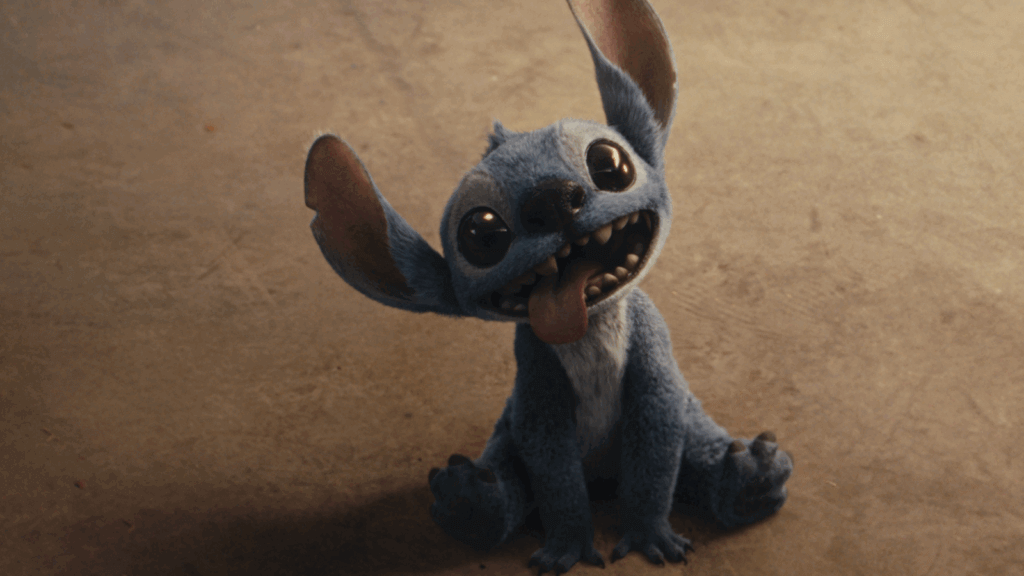
However, the narrative momentum belongs to Lilo and her older sister, Nani (Sydney Elizebeth Agudong), whose parents died recently. Nani struggles in her new sister-turned-mother role, facing pressure from social services to create a stable home. That’s a challenge, given Lilo’s penchant for causing trouble. Other kids label her “weird” because she’s independent and imaginative, meaning she’s a loner, too. One night, Lilo wishes upon a star for a best friend, and, conveniently, Stitch enters their lives. Lilo soon adopts him from an animal rescue, where almost no one appears concerned that she’s hanging around an unidentifiable blue creature. Elsewhere, Agent Cobra Bubbles (Courtney B. Vance), a member of this movie’s Men in Black, attempts to obtain evidence of an alien presence on Earth. Also, in a strange turn, Tia Carrere and Jason Scott Lee, who voiced major characters in the animated version, appear in diminished roles as humans.
At the heart of Lilo & Stitch is a moving story about broken or nontraditional families, and how they’re no less vital or legitimate. This idea resonated in the 2002 version, and screenwriters Chris Kekaniokalani Bright and Mike Van Waes continue the theme here. They write plenty of saccharine moments where characters underline this point, making it unmissable. Crammed amid a soundtrack dominated by Elvis hits, fart and belch jokes, and Stitch’s general silliness and cuteness, there’s also a theme about how people are complicated. “You’re not bad,” Lilo tells her alien friend, designed to destroy whole cities. “You just do bad things sometimes.” Lilo doesn’t always behave, either. Most kids don’t. But that doesn’t mean they should be made to feel worthless or like little monsters.
Speaking of kids, I should report that many children who attended my press screening seemed uninterested in Lilo & Stitch. Usually, a cross-section of young viewers adds to the Disney movie experience. If they cheer or verbally react to the screen, the movie has engaged its target demographic. If they run around the theater like Stitch on a rampage—as the kids in my screening did—that could mean a couple of things. Perhaps the parents in these cases had no sense of theater decorum and let their children run wild. Or maybe the kids were just plain bored, having seen the original. After all, apart from a few alternative scenes and small details, the new version follows the original closely—so much so that I recalled scenes from the 2002 movie, which I last saw over 20 years ago, that were replicated almost exactly in Camp’s take. Regardless of how these children responded, I found the experience harmless fun, mostly diverting, and occasionally charming.
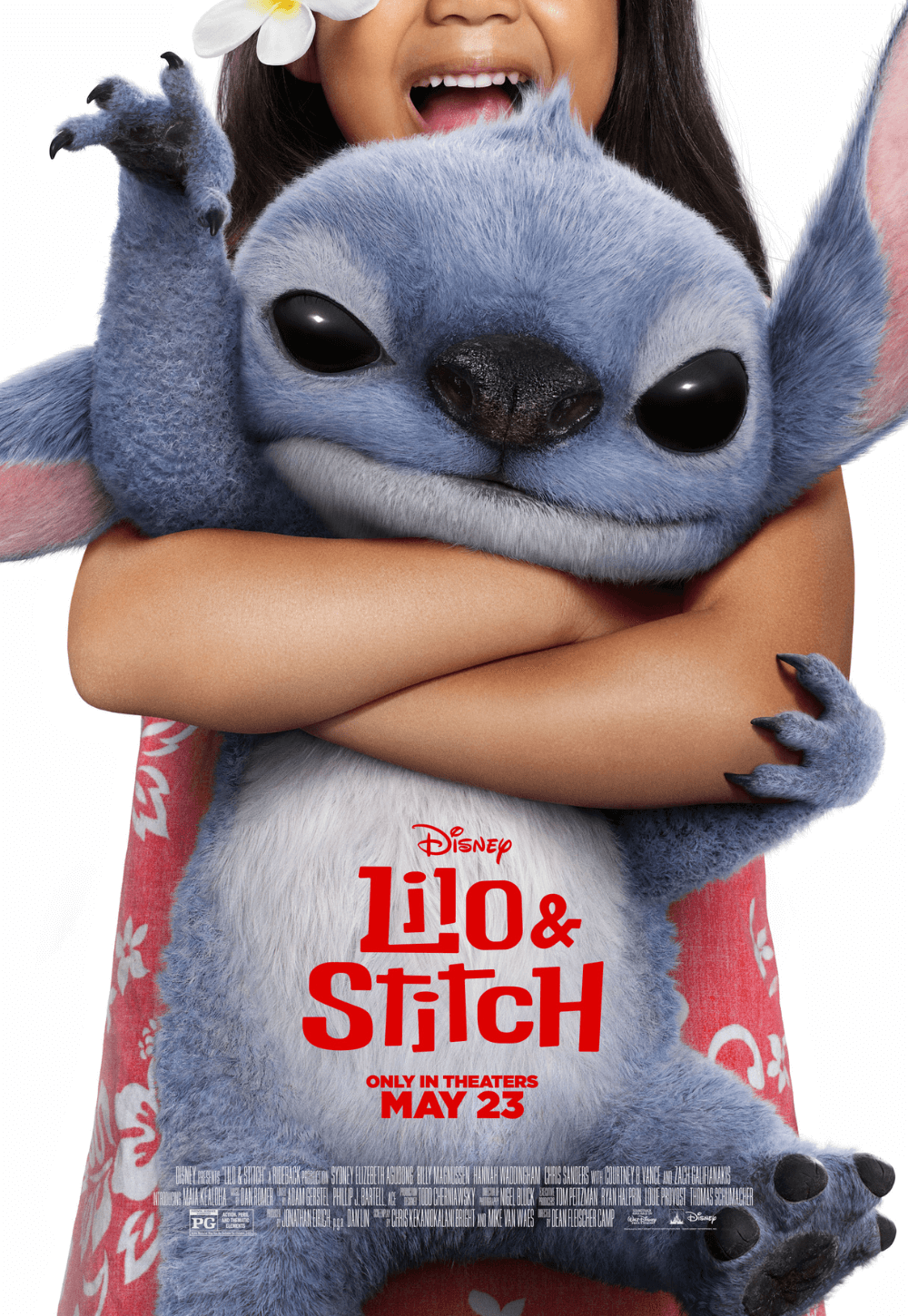
Thank You for Supporting Independent Film Criticism
If the work on DFR has added something meaningful to your love of movies, please consider supporting it.
Here are a few ways to show your support: make a one-time donation, join DFR’s Patreon for access to exclusive writing, or show your support in other ways.
Your contribution helps keep this site running independently. However you choose to support the site, please know that it’s appreciated.
Thank you for reading, and for making this work possible.
Brian Eggert | Critic, Founder
Deep Focus Review


